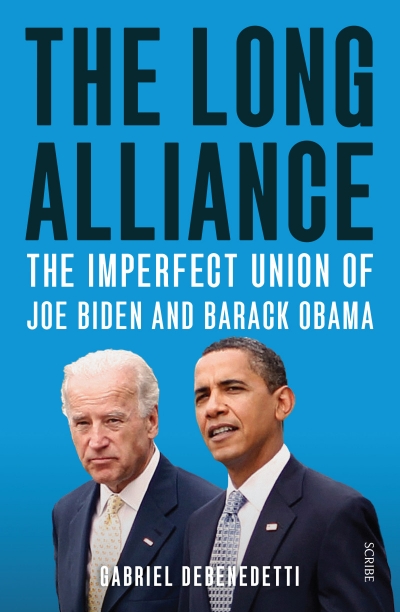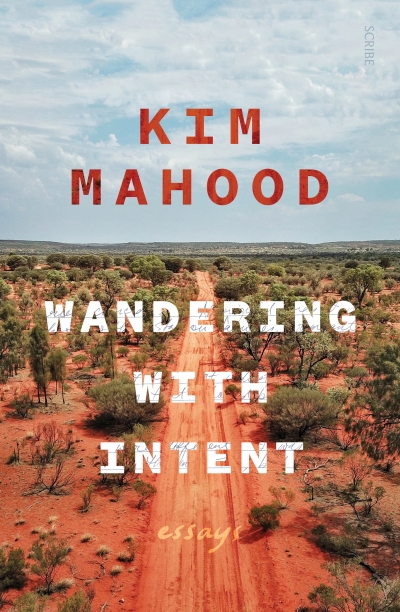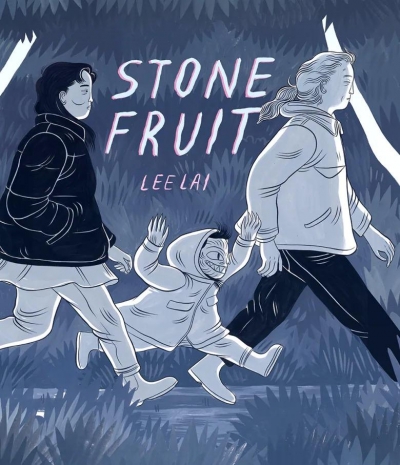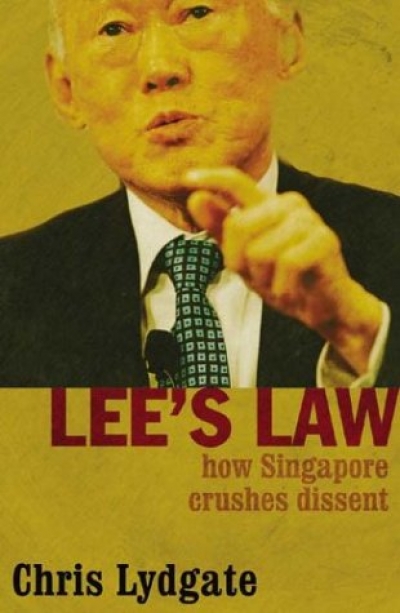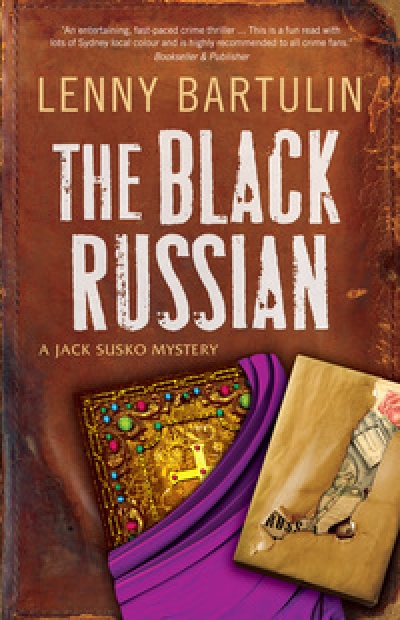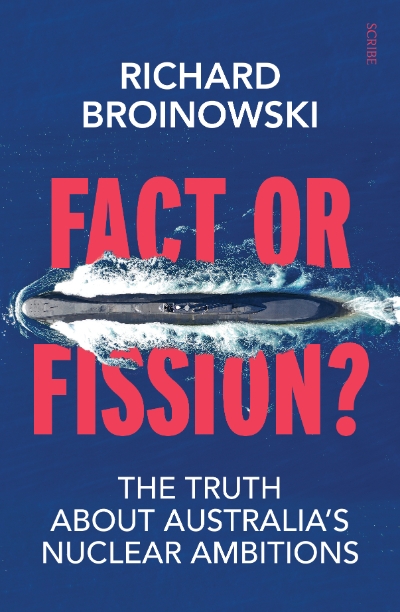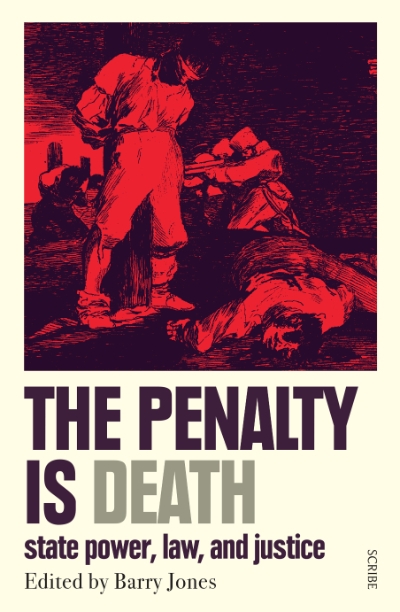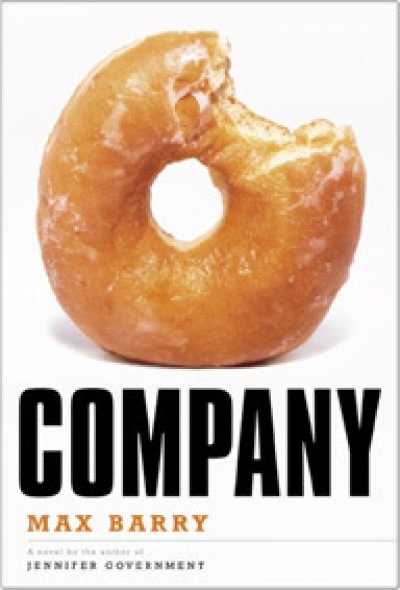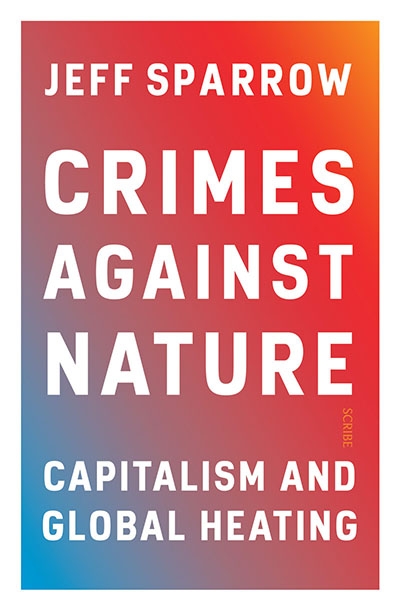Scribe
The Long Alliance: The imperfect union of Joe Biden and Barack Obama by Gabriel Debenedetti
by Varun Ghosh •
Lee's Law by Chris Lydgate & The Mahathir Legacy by Ian Stewart
by Peter Mares •
Fact or Fission: The truth about Australia’s nuclear ambitions by Richard Broinowski
by Jessica Urwin •
The Penalty Is Death: State power, law, and justice edited by Barry Jones
by Christopher Ward •
Marlo by Jay Carmichael & My Heart Is a Little Wild Thing by Nigel Featherstone
by Jay Daniel Thompson •
Crimes against Nature: Capitalism and global heating by Jeff Sparrow
by Kurt Johnson •

